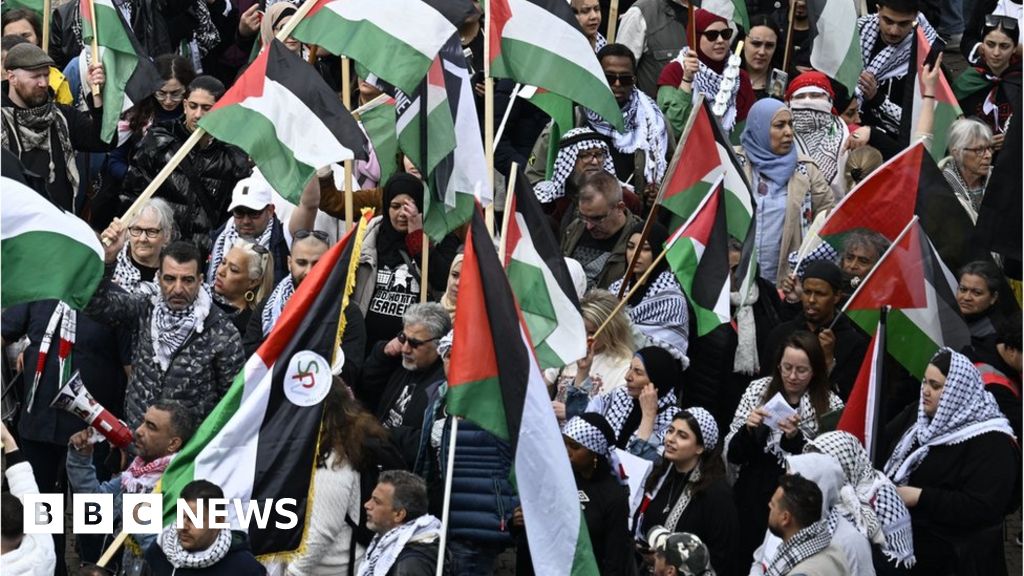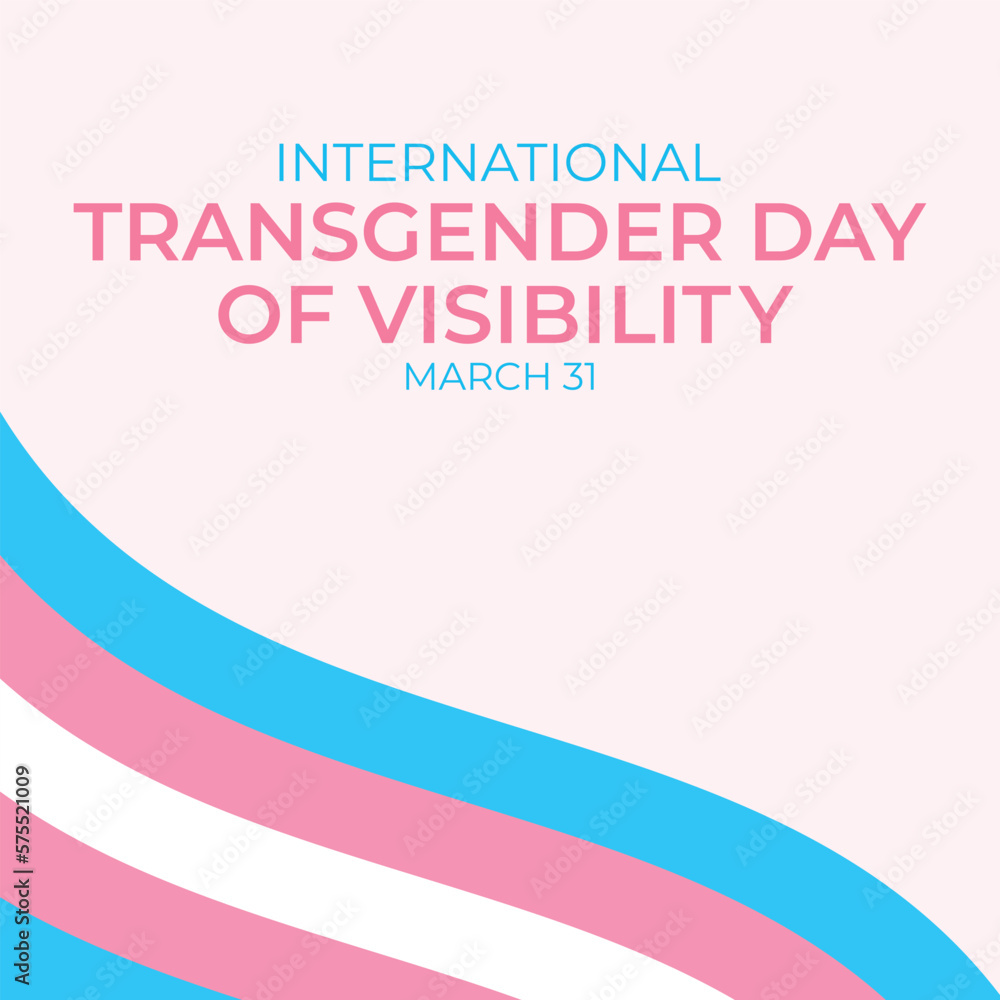Eurovision Chief Ignores Calls To Boycott Israel's Event

Table of Contents
The Eurovision Song Contest, a globally beloved spectacle of music and spectacle, finds itself embroiled in controversy. The decision by Eurovision chief Martin Österdahl to ignore mounting calls for a Eurovision boycott of the Israeli event has ignited a fierce debate, pitting artistic expression against complex geopolitical realities. This article delves into the arguments surrounding the boycott, examining the justifications offered by the Eurovision leadership and the significant repercussions of their decision.
Growing Calls for a Eurovision Boycott
Calls for a Eurovision boycott of events held in Israel are not new. A history of boycotts targeting Israeli institutions and events stems from ongoing concerns about the Israeli-Palestinian conflict and human rights violations. This specific call for a Eurovision boycott centers on several key issues:
- The Israeli-Palestinian conflict: The ongoing occupation of Palestinian territories and the persistent human rights violations reported in these regions are major drivers of the boycott movement. Critics argue that hosting the Eurovision in Israel lends tacit support to these actions.
- Treatment of Palestinians: Concerns about the treatment of Palestinians, including issues related to displacement, restricted movement, and limitations on fundamental freedoms, fuel calls for a boycott. Proponents of the boycott argue that celebrating in Israel while these issues persist is insensitive and morally problematic.
Examples of the growing momentum behind the boycott include:
- Numerous petitions circulating online gathering thousands of signatures demanding a relocation of the event.
- Statements from prominent human rights organizations, such as Amnesty International and Human Rights Watch, expressing their concerns and supporting the boycott.
- High-profile artists and musicians publicly declaring their support for the boycott and refusing to participate in the contest if it remains in Israel.
Martin Österdahl's Response and Justification
Eurovision chief Martin Österdahl has maintained a firm stance against canceling the Israeli event. His justification primarily rests on the perceived apolitical nature of the Eurovision Song Contest. He has emphasized:
- Eurovision's neutrality: Österdahl repeatedly underscores the Eurovision's commitment to remaining neutral on political matters, arguing that the contest should be a platform for artistic expression only, free from political interference.
- The inclusive nature of the event: He frames the Eurovision as an event that unites diverse cultures and peoples, suggesting that a boycott would undermine this inclusive spirit.
However, Österdahl's arguments have been met with significant criticism:
- Critics argue that it is impossible to separate the Eurovision from the political context of its host nation, especially given the deeply contentious nature of the Israeli-Palestinian conflict.
- Many feel that the statement ignores the human cost of the conflict and disregards the voices of those who have been directly impacted.
- Österdahl's refusal to acknowledge the gravity of the situation has been seen as insensitive and dismissive.
The Impact and Fallout of the Decision
The decision to proceed with the Eurovision in Israel despite the boycott calls has had a significant impact:
- Artistic participation: Several artists have announced their intention to boycott the event, citing their solidarity with the Palestinian cause. This could lead to a diminished lineup and potentially impact the quality and appeal of the contest.
- Public opinion: Public opinion polls reveal a divided response, with significant support for the boycott in certain regions, while other areas maintain their support for the event.
- Eurovision's reputation: The controversy has undoubtedly tarnished the Eurovision’s reputation, casting a shadow over an event typically celebrated for its joyous atmosphere. The long-term consequences on future hosting decisions are uncertain, and potential sponsors might reconsider their commitment.
The Ongoing Debate Surrounding the Eurovision's Location
The Eurovision controversy highlights a larger conversation about the responsibility of international organizations in selecting politically sensitive locations for major events. Similar controversies have arisen around events held in regions with ongoing conflicts or human rights concerns. This debate raises essential questions about ethical considerations and the potential impact of such decisions on the global perception of the organizations involved. The question of whether prioritizing artistic expression outweighs ethical concerns surrounding the host country remains a complex and fiercely debated point.
Conclusion:
The decision by Eurovision chief Martin Österdahl to ignore calls for a Eurovision boycott of the Israeli event has sparked a significant controversy. The debate underscores the tension between the desire for artistic expression and the ethical considerations inherent in hosting major international events in politically charged locations. While Österdahl maintains that the Eurovision should remain politically neutral, critics argue that such neutrality is impossible in this context. The long-term consequences of this decision remain to be seen, but the debate itself highlights the complexities of navigating global politics within the framework of international events. What do you think about the decision to hold the Eurovision Song Contest in Israel, considering the ongoing calls for a boycott? Share your thoughts in the comments below.

Featured Posts
-
 Global Sales Boost Drives Swiss Sneaker Brand Stock Higher
May 14, 2025
Global Sales Boost Drives Swiss Sneaker Brand Stock Higher
May 14, 2025 -
 Eurojackpot Ergebnisse Ziehung Vom Freitag 09 Mai 2025
May 14, 2025
Eurojackpot Ergebnisse Ziehung Vom Freitag 09 Mai 2025
May 14, 2025 -
 Transgender Day Of Visibility The Potential Of A Gender Euphoria Scale To Enhance Mental Health
May 14, 2025
Transgender Day Of Visibility The Potential Of A Gender Euphoria Scale To Enhance Mental Health
May 14, 2025 -
 Walmart Recalls Electric Ride On Toys And Portable Phone Chargers
May 14, 2025
Walmart Recalls Electric Ride On Toys And Portable Phone Chargers
May 14, 2025 -
 Sinner Vs Federer A Branding Case Study
May 14, 2025
Sinner Vs Federer A Branding Case Study
May 14, 2025
